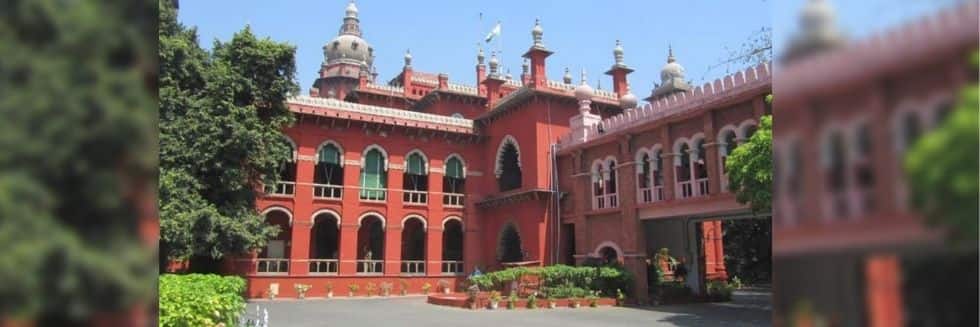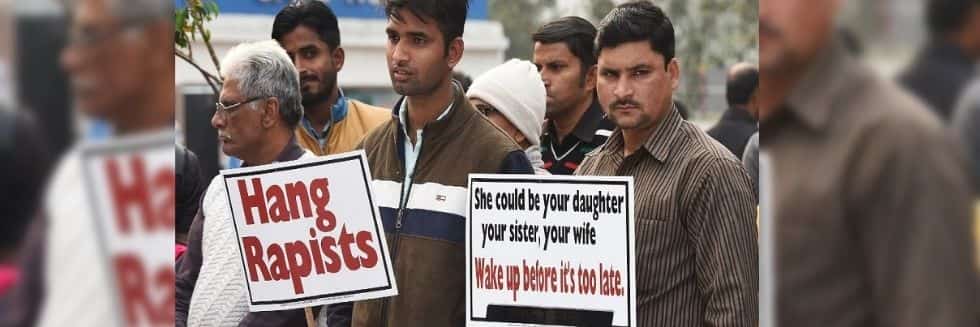The Madurai Bench of the Madras High Court recently noted that Tamil Thai Vazhthu is a prayer song and not a national anthem. Therefore, there is no need to stand for the song. The bench allowed the petition to quash an FIR.
The FIR was lodged against Nam Tamilar Katchi” (NTK) functionaries by the Rameswaram police in Ramanathapuram district, in 2018.
“Unlike the national anthem, there is no statutory or executive order requiring the attendees to stand up when the song is played,” said Justice G R Swaminathan.
Seer Vijayendra Saraswathi Swamigal has been facing criticism for almost four years for not standing up when Tamil Thai Vazhthu was played during a function.
The then Tamil Nadu Governor Banwarilal Purohit released a Tamil-Sanskrit dictionary at a function held in Music Academy, Chennai. During that function, the invocation song to Mother Tamil, “Tamil Thai Vazhthu” was played. The seer Vijayendra Saraswathi Swamigal remained seated which triggered outrage and debate.
Kan Ilango, now associated with Naam Tamilar Katchi (NTK) , entered the Kanchi Mutt in Rameswaram, shouting slogans, condemning the Shankaracharya. Their manager was also threatened.
Following the incident, he was booked under various sections of the Indian Penal Code including trespass, rioting and criminal intimidation.
“Sec. 3 of the Prevention of Insults to National Honour Act, 1971 states whoever intentionally prevents the singing of the National Anthem or causes disturbance to any assembly engaged in such singing shall be punished with imprisonment which may extend to three years, or with fine, or with both,” said Justice Swaminathan.
He added, “Article 51A(a) of the Constitution mandates it shall be the duty of every citizen of India to respect the National Flag and the National Anthem.”
The High Court bench allowed the petition and noted,
“there is no statutory or executive order requiring the attendees to stand up when Tamil Thai Vazhthu is sung. It was not a National Anthem. But the highest reverence and respect ought to be shown to Tamil Thai Vazhthu. It is true that the members of the audience conventionally stand up whenever Tamil Thai Vazhthu is sung.”
But the question is whether this is the only mode in which respect can be shown. When we celebrate pluralism and diversity, insisting there can be only one way of showing respect, it reeks of hypocrisy.
One should not forget that a Sanyasi occupies a special place in social and cultural life. Emperors and Kings have prostrated before Sanyasis and Fakirs.
In the epics whenever a Sanyasi enters the royal court, the King will step down from his throne and pay his respects. On becoming a Sanyasi, the person suffers a civil death.
He must be taken to have a re-birth. A Sanyasi primarily leads a life of piety. When in prayer, he is invariably found in a meditative posture. Since Tamil invocation is a prayer song, a Sanyasi is certainly justified in sitting in a state of meditation.
In the instant case, the pontiff is seen sitting in a Dhyana (meditative) posture with his eyes closed. It was his way of expressing his reverence and respect for Mother Tamil, the judge said and also set aside the case pending before the Rameswaram police station.”






